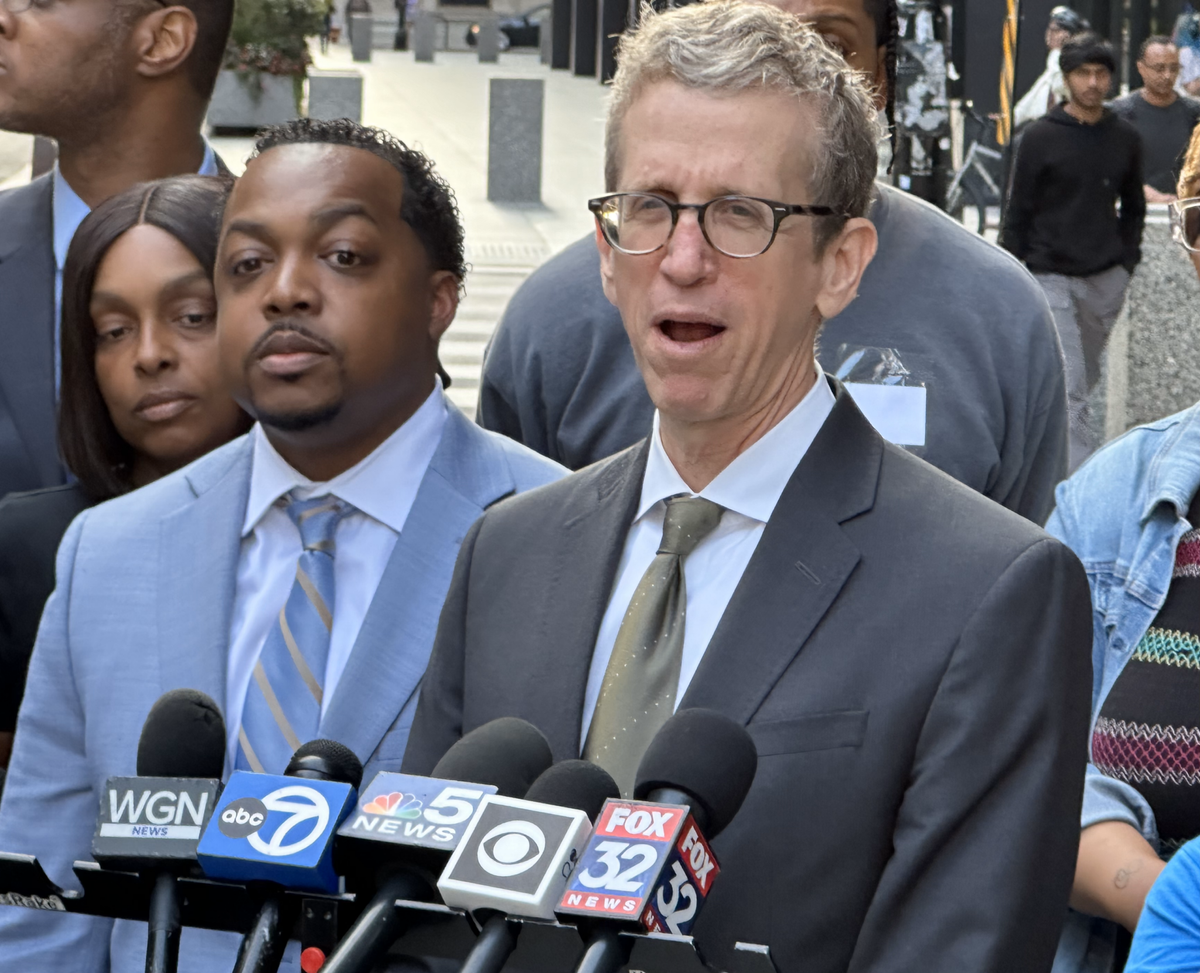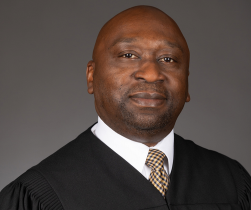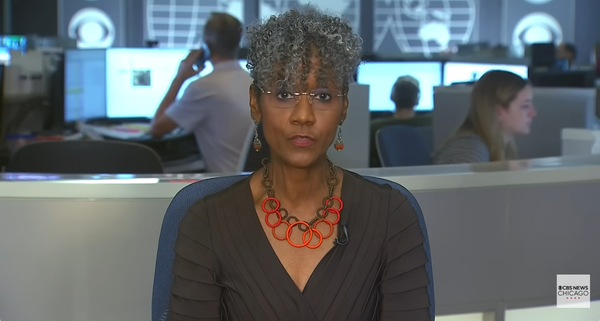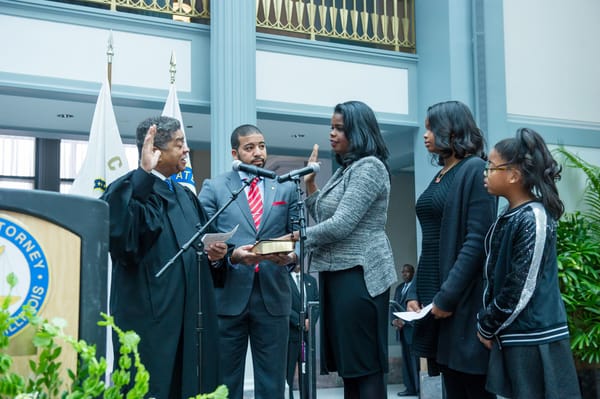Prosecutor: "If you confess, you can go home"

If Marcel Brown insisted on his innocence, he would go to prison. But if he confessed to involvement in a murder he didn't commit, he would be allowed to go home.
That's what police and prosecutors told the 18-year-old hungry and sleep deprived teen in September 2008 during a 33-hour interrogation to secure a confession that would enable them to quickly solve a murder case.
Acknowledging violations of his civil rights, sixteen years later a jury has awarded Brown $50 million in a lawsuit against the city – the largest award in a wrongful conviction case in U.S. history.
In a unanimous decision, a jury decided in Brown’s favor, finding that a Chicago police detective and a prosecutor coerced his confession and fabricated evidence to secure a conviction of first-degree murder. They awarded Brown $10 million in compensatory damages for the time between his arrest and conviction, and $40 million in damages for his time in prison and after.
Jurors of the two-week trial also awarded $50,000 in punitive damages against Michael Mancuso, Brown's primary investigator who led CPD’s flawed investigation
“[T]his jury is signaling: enough. The people of the City of Chicago are tired of it," said attorney Jon Loevy, at a press conference following the verdict. "The Chicago Police Department has got to find a way to stop wrongfully convicting people.”
Prosecutors dropped charges against Brown following a hearing seven years after Brown was sentenced to 35 years in prison that determined that certain inculpatory statements used to convict him had been obtained in clear violation of law.
On that day in September 2008, Police told an attorney that Brown's mother hired that Brown didn't want to see him and they never told Brown that his attorney had arrived, according to the complaint.
The court made that 2018 decision based on testimony from Stephen Wham Cary, the lawyer whom the officers turned away from the police station that day, Brown’s mother, who produced a bank record corroborating that she had used an ATM machine at the police station to pay Cary for representing her son and from Brown, who denied ever knowing that a lawyer had asked to meet with him when he was under interrogation.
In addition to violating Brown's right to counsel, CPD also created a false narrative of what happened, coerced eyewitnesses to testify in support of their narrative and withheld exculpatory evidence.
In 2018 prosecutors dropped charges against Brown and a court vacated his conviction. In 2019, Brown received a certificate of innocence and filed a complaint against the city.
Several efforts to settle the case failed.
“The City could have resolved this case years ago, but instead decided to fight it to the end, despite there being video evidence of the detectives using deceptive and coercive tactics during their 33-hour interrogation of Mr. Brown,” attorney Vanessa del Valle said at the press conference.
According to the complaint, CPD and Cook County prosecutors isolated Brown from all contact with the outside world in a windowless, barren room behind a locked door while he was subjected to tag-team questioning.
“I was just a kid,” Brown said at the press conference. “They put me in a den full of lions, and they didn’t care or show remorse.”
After more than 30 hours of raised angry voices, threats from police, sleep deprivation, lack of adequate food as well as statements that violated prosecutorial ethics, Brown made a series of inculpatory statements.
“I’m scared that, like, if I don’t—if I tell you I didn’t see [RJ] with the gun, I didn’t know he had a gun, I’m going to jail. But if I tell you he have the gun, I’ll go home … That’s what I’m scared about,” Brown said during the interrogation, according to the complaint.
After making inculpatory statements, Brown asked if he could go home.
During Brown's bench trial, detectives failed to disclose that they had violated the rule of People v. McCauley (645 N.E.2d 923 (Ill. 1994)). by falsely telling Cary that his client did not wish to speak with him.
These techniques weren't unique to Brown, but rather, part of a pattern of practicin the city.
"CPD officers exploited the vulnerability and suggestibility of the youth in their custody in order to obtain false confessions and close open cases," the complaint said.
"CPD detectives systematically denied juvenile and teenage suspects access to their guardians and to counsel, fed them details of the crime, made false promises of leniency, and generally subjected these youth to immense physical and psychological pressure until they “confessed.”
Even as he was recent high school graduate, Brown's intellectual abilities were limited. His grades were poor and his performance on standardized testing placed him at low levels in mathematics, science and reading, according to the complaint.
Brown "has suffered tremendous damage, including but not limited to physical harm, mental suffering, and loss of a normal life, all proximately caused by defendants’ misconduct."
A bill that prohibits officers from lying and using deceptive tactics when interrogating minors took effect in January 2022.
But this statute likely wouldn't protect 18-year-olds like Marcel Brown from police interrogations that lead to false confessions and ultimately wrongful convictions.



